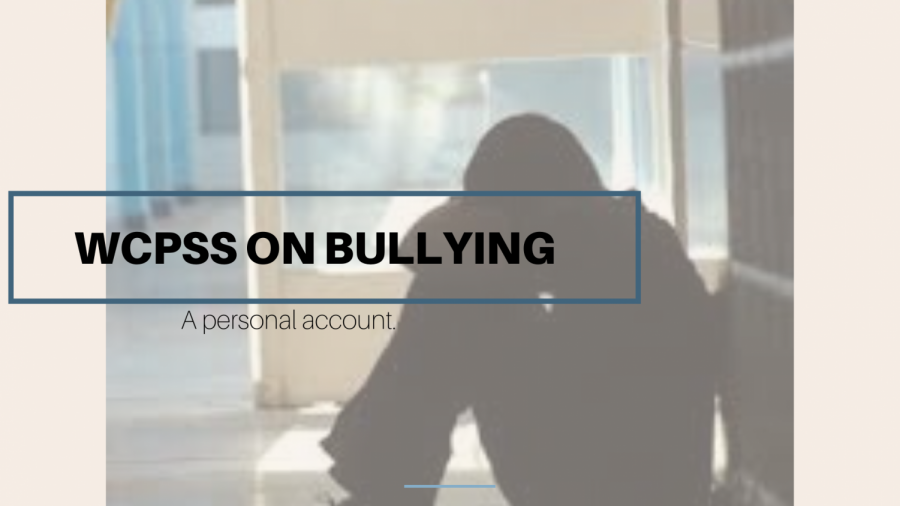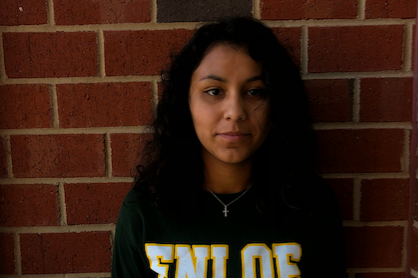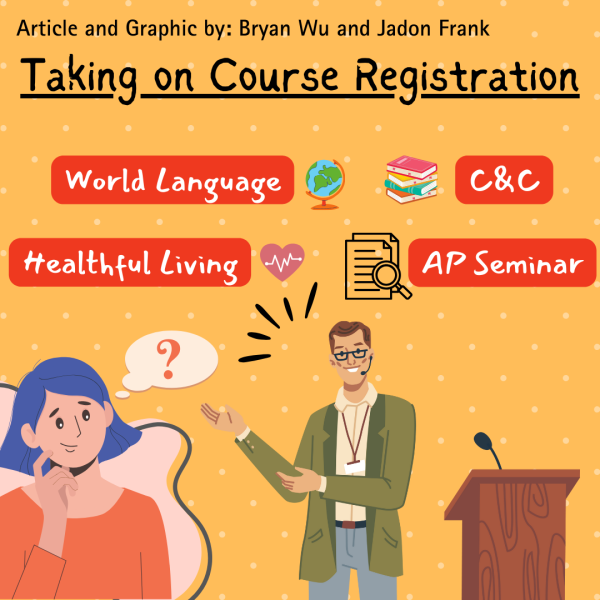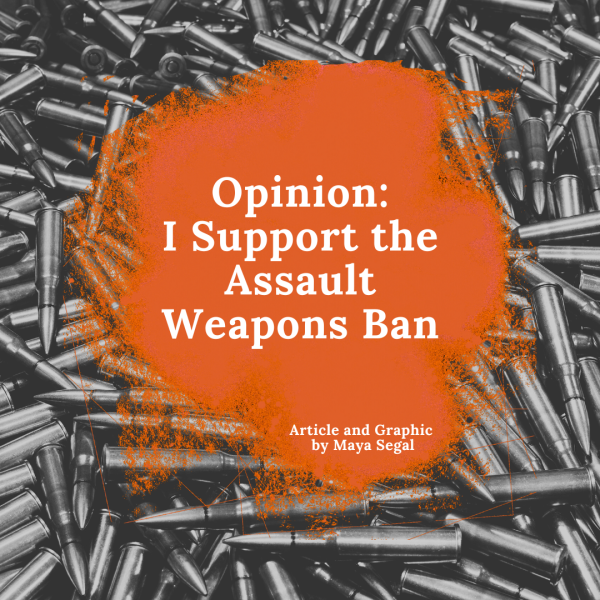WCPSS on Bullying
There is no denying that bullying has occurred in schools around the world for years. It can cause intense psychological damage and has rarely been addressed in the ways it needs to. School staff, parents, and students in schools should know how to detect bullying and what to do about it. WCPSS has policies to help prevent bullying but I believe it’s just not enough. As a school board, they need to sit down and talk to kids about how to prevent bullying, creating a bullying prevention strategy, and what it means to build a safe school environment.
Bullying occurs on a daily basis, we know this. But what exactly is WCPSS doing to prevent it? State lawmakers haven’t made policies to help prevent bullying, only how to deal with it. Nobody talks about what comes after. Trying to prevent bullying isn’t enough to help students; it needs to be talked about honestly. School staff members need to talk to students about bullying prevention in ways more than a simple leaflet and enforce the rules and policies in place.
WCPSS protocol dictates that if it [bullying] is brought to a teacher, the school must immediately conduct an investigation into the situation. school board Policy C1 states, “All complaints of harassing or bullying behavior made by students shall be promptly and thoroughly investigated by the principal or designee”. The investigation intends to ensure that all those involved will have their point of view heard. After the investigation is conducted and enough evidence of bullying is found, consequences will be doled out. Furthermore, school board Policy D1 states, “The actions taken in response to evidence of harassing or bullying behavior should be reasonably calculated to end any harassment or bullying, eliminate a hostile environment if one has been created, and prevent harassment from occurring again.” What they don’t do, though, is help the students cope with the harassment that was inflicted on them. These policies are good enough at temporarily stopping the bullying in our schools, but then it is only natural to ask what about the victim? These policies do not do enough to help the victim feel safe. Nothing is done to help students recover from harassment. Physical harm can be easily fixed with a trip to the doctor, but psychological harm takes time and will not always be completely healed. There are currently no programs in place county wide that can help students cope with the aftermath of an encounter with a bully. With no programs nor resources, how can these students be expected to recover?
Disciplinary action should not be the only solution; we should be trying to get to the root of these unfortunate and traumatizing scenarios. It’s very possible that the person doing the bullying is also a victim and their actions are their “call for help”. One wouldn’t know this if they didn’t have counseling though. Sitting down and talking to both the victim and the bully can shine some light on the situation at hand and help all involved feel heard.
Knowing why bullies act and helping address such problems can prevent the bullying from perpetuating. Speaking from personal experience, the damage caused by a bully can prevent the victim from growing into a healthy, happy adult. My brother is 14 years old and was bullied for 2 years. It started with a group of former friends and then escalated into school. There were days he would come home crying because he was being followed by those kids after getting off the bus and nobody seemed to take action. My mother stepped in and informed the school but was met with an empty claim for an investigation that never took place. My brother was afraid to go to school. It’s frustrating to think that all he needed was to talk to someone at school about what he was going through. He needed help dealing with everything. An ‘investigation’ did no such thing. Referring the student to a counselor, school psychologist, nurse, or a social worker can help them truly overcome their traumas, but these individuals simply are not provided. If WCPSS doesn’t do more to help stop and prevent bullying, then they have failed to keep their students safe not only physically, but also mentally.
If you or someone you know is being bullied find a local counselor or other mental health services. You can contact the teacher, school principal, school superintendent, and even the State Department of Education. If the school is not responding adequately or addressing the harassment based on race, color, national origin, sex, disability, or religion, contact the U.S. Department of Education.
Your donation will support the student journalists of Enloe Magnet High School, allowing us to cover our annual website costs. We are extremely grateful for any contribution, big or small!














